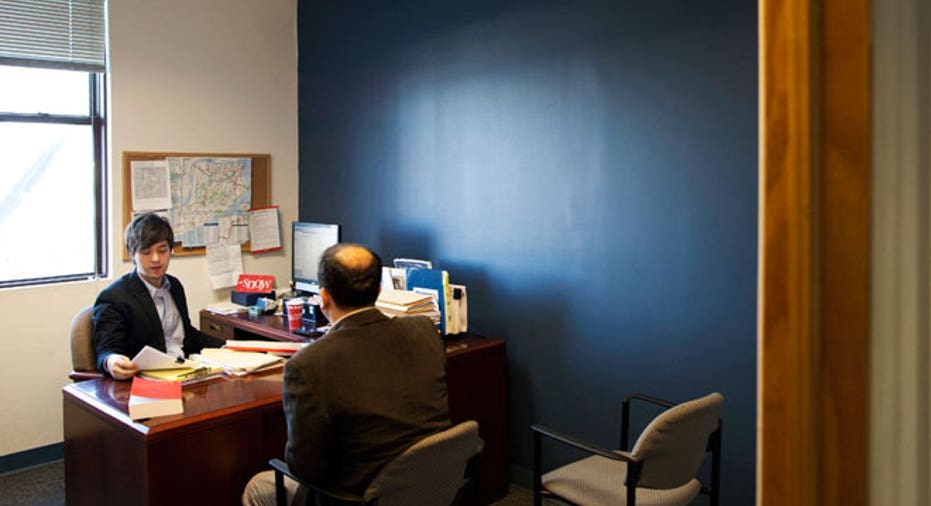How to Hold a Team-Building Conversation at Work

Almost every employee has heard this mantra: We need to work as a team!
Team building is probably one of the most requested organizational development activities in business today, but like most things, with popularity comes saturation.
There are a lot of tools and techniques available to help teams learn to function better together. But the challenge is they aren’t all created equal and many of them require significant investment.
As an organizational psychologist, I tend to take a pretty simplistic view of team building. To tweak a phrase from the world of real estate, it all comes down to communication, communication, communication.
When facilitating team communication, there are two core activities any manager or executive should focus on: building trust and generating dialogue.
Building Trust
Ralph Waldo Emerson once said, “trust men and they will be true to you; treat them greatly and they will show themselves great.” Just as most collaborative efforts, the development of trust is a two-way street. When it comes to building a high-performing team, it’s no different.
Business professor Stephen Robbins defines trust as “a positive expectation that another will not – through words, actions, or decisions – act opportunistically.” Integral to this definition is the fact that perceptions about what is opportunistic will differ between individuals. Building trust isn’t just about telling the truth, it’s about creating familiarity and developing a willingness to take risk. This begins with facilitating a conversation about trust among team members.
One model of trust that is useful for facilitating conversations comes from Schindler & Thomas (1993) and is comprised of five elements:
- Integrity – honesty and truth
- Competence – technical and interpersonal knowledge
- Consistency – reliability and predictability
- Loyalty – willingness to protect and/or sacrifice personal gain for that of the team
- Openness – ability to give and receive critical feedback
Trust is more than just honesty, it’s also about knowledge and appreciation for others. In order for open and free communication to flourish, you must cultivate a feeling of trust at multiple levels across the team.
Generating Dialogue
Stephen Covey, author of The 7 Habits of Highly Effective People, once said, “When the trust account is high, communication is easy, instant, and effective.” Communication is about taking risk, which is why it’s important to come from a foundation of trust.
Generating dialogue can be tough. In any communication opinions will vary and emotions will run strong. Broaching a tough subject is never easy and always requires some risk. This is why it’s typically easy to just avoid confronting tough subjects. However, just like an untended wound, unspoken concerns will fester, ultimately creating more issues than necessary.
An excellent model for teaching teams to conduct conversations is the STATE model from the book Crucial Conversations (Patterson et al., 2001).
- Share facts
- Tell a story
- Ask for their side
- Talk tentatively
- Encourage testing
Tough or crucial conversations are scary, awkward and stressful. But when done right they can be informative, transformative, and even empowering. Never be afraid to get things out in the open. The STATE model is a great way to manage and control tough and emotional conversations among team members.
All too often we spend our time rushing toward an undefined finish line while ignoring what’s going on around us. At the end of the day, team synergy is rooted in trust and open dialogue. Take the time to extract your team for the mayhem of everyday work and explore these two aspects of team synergy.
Michael “Dr. Woody” Woodward, PhD is a CEC certified executive coach trained in organizational psychology. Dr. Woody is author of The YOU Plan: A 5-step Guide to Taking Charge of Your Career in the New Economy and is the founder of Human Capital Integrated (HCI), a firm focused on management and leadership development. Dr. Woody also sits on the advisory board of the Florida International University Center for Leadership.Follow Dr. Woody on Twitter and Facebook



















